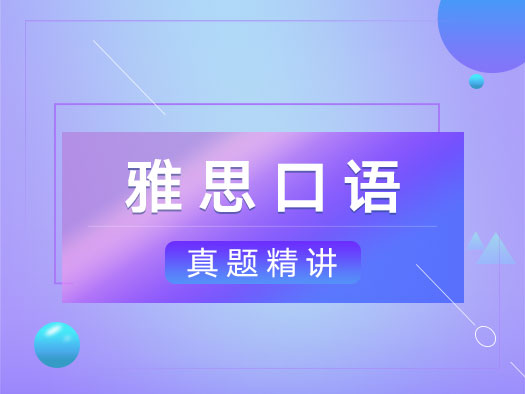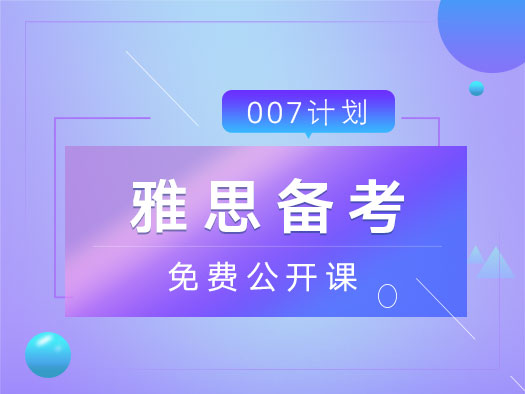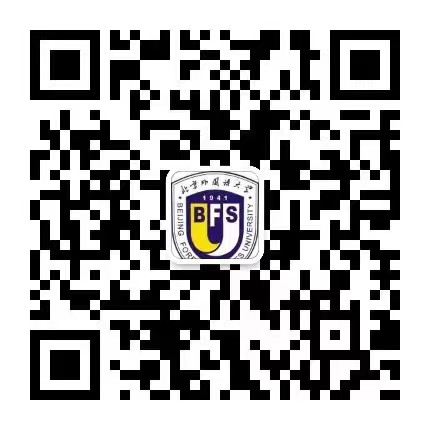相比托福单纯的一选到底,雅思听力极(sang)具(xin)挑(bing)战(kuang),不仅分为选择和填空,选择还有单选和多选两大护法,填空则在1-3个词间来回变化,偶尔再来个世界口音大杂烩,让一众烤鸭叫苦不迭。
不过,小编有话说:不管听力形式再怎么复杂,其本质都是一样的,主要还是考察学生捕捉并理解关键信息的能力,所以,不管是在审题还是听记的过程,抓住下面这些关键词就能够了!正值高考时节,小编也回想起当年心怀壮志勤奋苦读的岁月,今天也努力了一把,特意用剑10真题当作讲解实例,一起燃起来吧!
一、主谓宾
千变万化的英文句子就像姿态各异的树,可是不管它们的枝干如何生长,真正起决定作用的还是主干,也就是英文里的主谓宾,是我们在听力中需要首先掌握的关键信息。比如剑 10 test 1 section 3的第30题:
The professor will check the 30_________ information in John’s written report.
通过划分主谓宾,我们可以快速定位到“professor”、“check”、“information”,并发现这道题考察的是宾语“information”前的修饰词,了解到这一点,我们只需“听”等答案了。
二、限定词
为什么要注意限定词呢?因为它们在茫茫词群中比较突出,而且一般情况下不会被替换掉,偶尔会换个形式,所以只要跟它们混个脸熟,答题便手到擒来啦。
时间限定
即题目中给的一个特点时间或包含时间的短语。比如剑10 Test 2 Section 3的第21题:
Which two hobbies was Thor Heyerdahl very interested in as a youth?
审题时,我们要首先抓住主干Thor Heyerdahl 和hobbies,然后要注意其时间限定as a youth,不是现在,而是年轻的时候。这样,在听记过程中,如果听到类似“When I was young”的表达时,我们就知道答案离得不远了。
地点限定
即题目中出现的大写的地点名词。比如剑 10 test 1 section 1的填空题:
Trip One:
Los Angeles: customer wants to visit some 3_________ parks with her children.
Yosemite Park: customer wants to stay in a lodge, not a 4________.
Trip Two:
Customer wants to see the 5_________on the way to Cambria.
At Santa Monica: not interested in shopping.
At San Diego, wants to spend time on the 6___________.
面对这种同时问多个地点的题目,很多烤鸭容易心慌。但其实,这种自带“光环”的题目是很容易被定位的,只要听到地点乖乖记下后面的关键信息,答题是不成问题的。
数字和专有名词
即除了时间、地点限定词外的其他大写的单词和数字。比如剑 10 test 2 section 3的第25题:
According to Victor and Olivia, academics thought that Polynesian migration from the east was impossible due to
出现了Victor和Olivia之后,只要注意听关于Polynesian migration的相关信息,答案就不难得出了。
程度限定
即题目中出现的程度副词。比如剑 10 test 2 section 1的6-7题:
Suggestions for improvement:
better 6___________
have more footpaths
more frequent 7__________
题中的程度副词better、more、more frequent就像指向标一样,听到就赶快记下它后面的名词吧。不过,要注意形式的转换,比如more frequent 可能会变成动词+名词+more frequently。其它常见程度副词还有:the most..., only, mainly等等。
三、关系词
即体现句子之间关系的单词或短语,或称为信号词、逻辑连接词,不管是在审题和听记构成,它都有利于预测答案形式和准确程度。比如剑 10 test 1 section 1的第4题:Yosemite Park: customer wants to stay in a lodge, not a 4________. 看见not便知道前后是否定关系。又如Cambridge 10 test 1 section 3的第22题:John chose a dishwasher because he wanted to make dishwashers_________考得是因果关系。在听题过程要注意它们的同近义表达。
举例:for example/instance, such as, like, take sth. for example, a case in point is that...
类比:like, alike, similar, same, as
选择、并列和递进:or, either...or..., and, as well as, also, besides, apart from, in addition, what’s more, moreover
因果:because, due to, owing to, thanks to, result from, as a consequence of, arise from, in that, be attributed to
总结:in conclusion, to conclude, to sum up, in sum, all in all, in brief
转折、让步:but, however, yet, nevertheless, nonetheless, in fact, despite, in spite of, although, though, even if/though
对比:unlike, different from, by contrast, in contrast, on the contrary, conversely
否定:not, none, no, never, non-, dis-, un-, in-, -less, few, little, hardly, barely, seldom






 京公网安备 11010802024222号
京公网安备 11010802024222号




